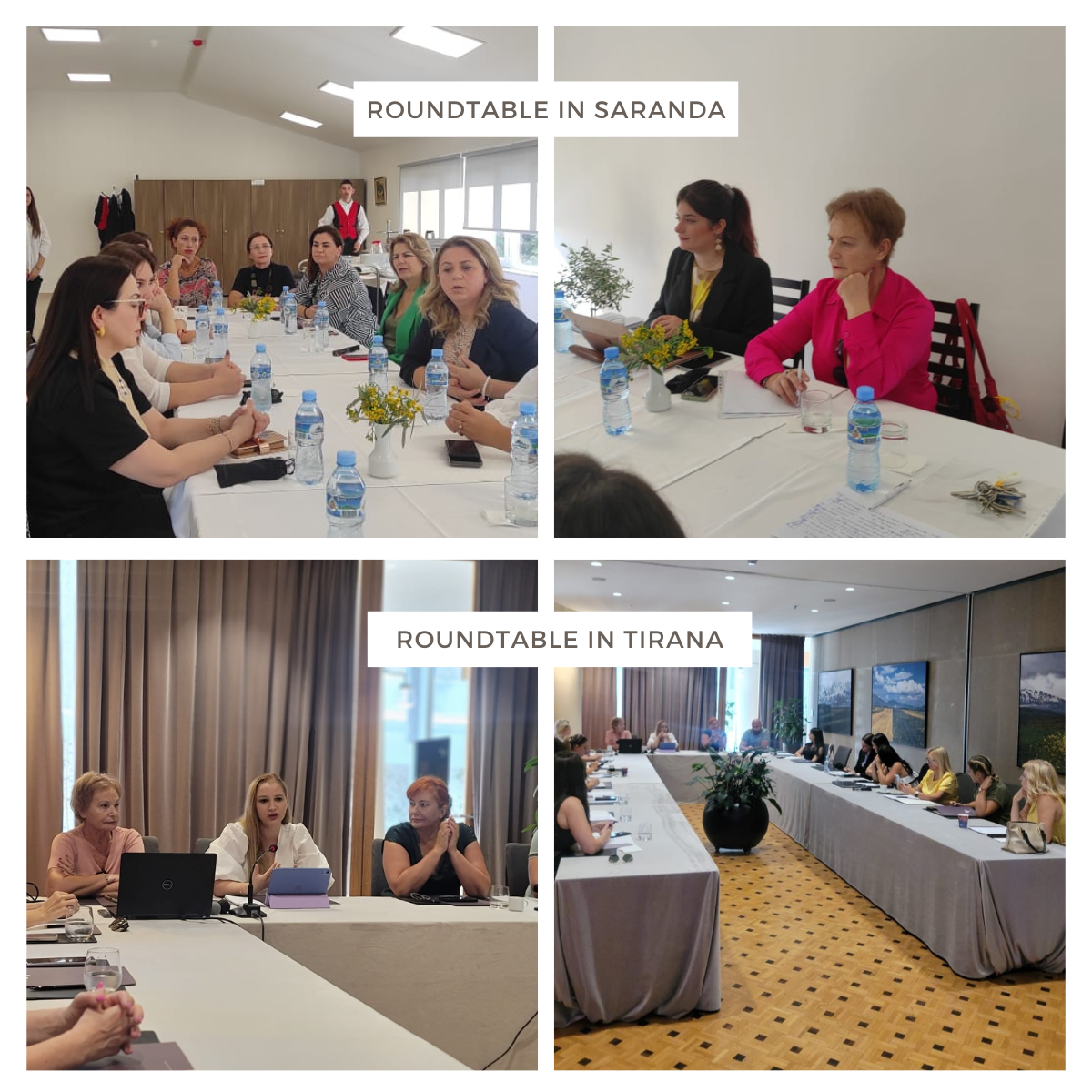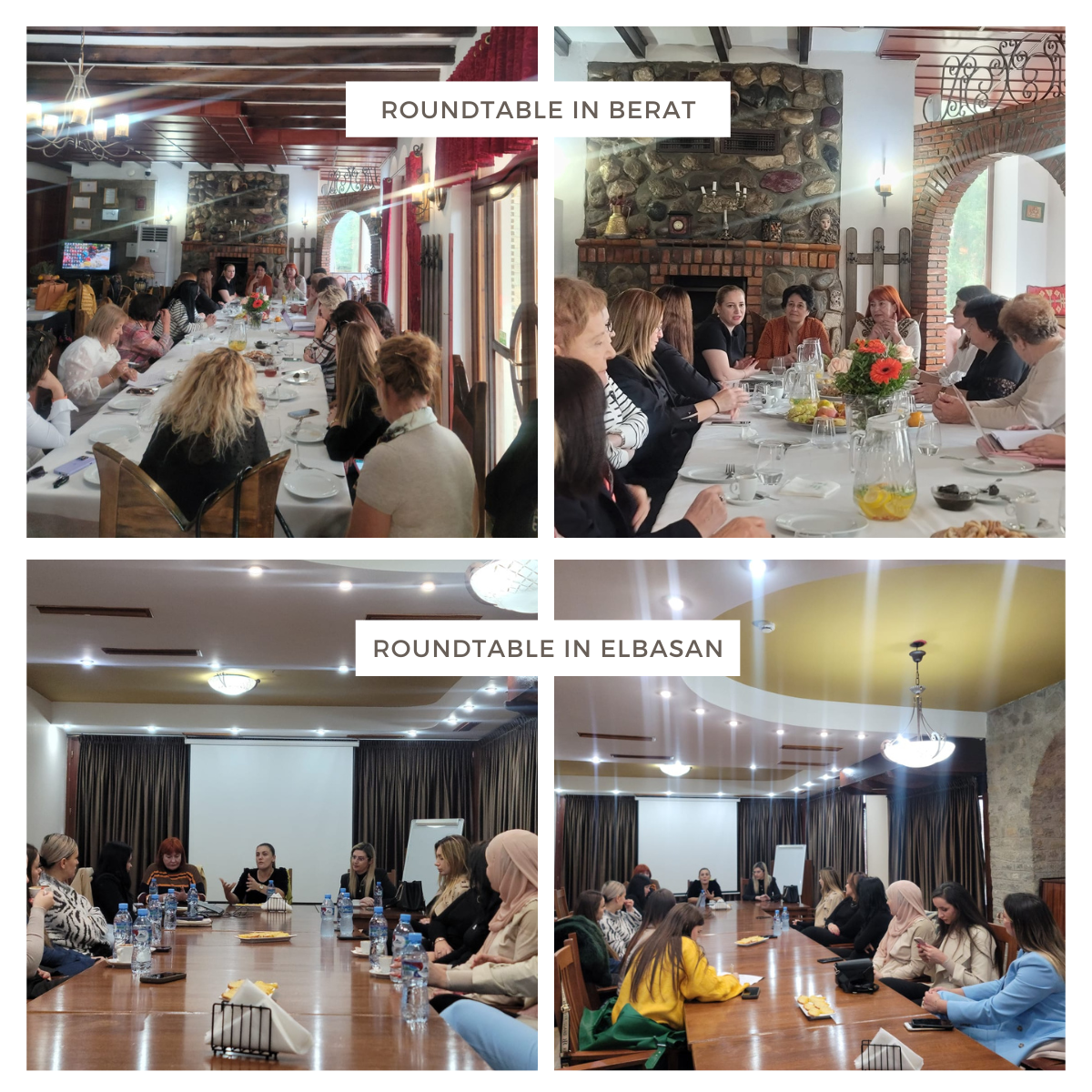Digital transformations are usually a years-long process, as governments devise strategies, procure equipment, train civil servants, fix glitches in the systems, and help constituents to use and build trust in new tools.
But not in Albania. There, in April 2022, the state gave people just four days’ notice.
The sudden shift moved 95 percent of services from physical offices to the internet – some 1,200 actions suddenly available only online and business service windows around the country closed almost overnight. Albania’s story illustrates how the opportunities and challenges of digitalization are immense. As the lockdowns of the Covid-19 pandemic showed previously, not all businesses benefit equally from these technological changes. Women often cope with gendered technological challenges in the private sector, such as information gaps, barriers to participation in decision-making processes, and unequal access to funding and equipment. Collective action, through groups such as chambers of commerce, can identify obstacles and make sure constituents can still get the services they need, especially in countries with lower digital literacy rates and less access to technology.
The Center for International Private Enterprise (CIPE) works to fill these gaps in multiple ways, such as through women’s business agendas and women’s business resource centers, creating success stories one woman at a time.
In 2023, CIPE’s Center for Women’s Economic Empowerment (CWEE) supported a new business alliance between two of the most prominent chambers of commerce representing Albanian women in business. By coming together, the Women Economic Chamber (WECA) and the Albanian Diaspora Business Chamber (ADBC) helped businesswomen interact directly to identify the main challenges and barriers created by the new legislation, as well as priority areas for action. The chambers were better able to assess how these changes affected women in business throughout the country, and spot areas for potential growth created by the new digital possibilities. This partnership also led CWEE to partner with the National Democratic Institute to expand new alliances of women in business and women in politics to address common barriers to their economic and political participation.
Economic vs Political Power
Progress in closing Albania’s gender gap is uneven, and women still face enormous challenges, especially when comparing their economic power with that of men. Men are paid more than women and dominate business leadership positions, although women generally have higher levels of university education. In 2022 only 31.2% of enterprises had a woman owner or administrator.
In contrast, Albanian women have far more political power. Women comprise 70 percent of the current government’s cabinet, ranking Albania among the top 10 countries in the world for women’s representation at that level. Globally, only 14 countries had at cabinets of at least 50 percent women as of 2022.
 As WECA and ADBC’s partnership matured, in 2023 they used the Fourth Albanian Diaspora Woman’s Summit to bring together representatives from the private and public sectors and address digital transformation as a tool for women’s progress.
As WECA and ADBC’s partnership matured, in 2023 they used the Fourth Albanian Diaspora Woman’s Summit to bring together representatives from the private and public sectors and address digital transformation as a tool for women’s progress.
Attendees discussed the importance of tackling inequalities in the digital economy and ensuring that women have a seat and a voice at the policymaking table. Involving more women entrepreneurs in relevant dialogues and consultations on digital policymaking will help this group to develop a new digital norm, in which inclusive digital solutions become part of a long-term investment strategy for business.
As members of the Investment Council, a leading advisory body to the Albanian government, WECA and ADBC engaged in the consultation process on the inclusion of women and the creation of legislation: “Support for digitalization and digital education of businesses”. Particularly, they have focused on women-led small- and medium-sized businesses, through:
- Programs with grants/assistance for SMEs
- Digital education through continuous mass awareness campaigns
- Training programs offered to businesses to facilitate usability and adoption of the digital transition, such as the use of e-Albania, a one-stop online access point to all government services, management of electronic documents, use of electronic signatures, information management systems, etc.
- Publishing tutorials on how to access and use each government service available online.
These approaches would help close the gaps in digital economy skills that keep women from fully benefiting from the digital economy boom. But the work does not stop here. Supporting women-owned small businesses means supporting companies that contribute to the local economy and create new jobs. Business representatives need to continue cooperation with women in politics and public advisory bodies to make today’s recommendations become tomorrow’s opportunities for women in business.
Published Date: March 18, 2024
